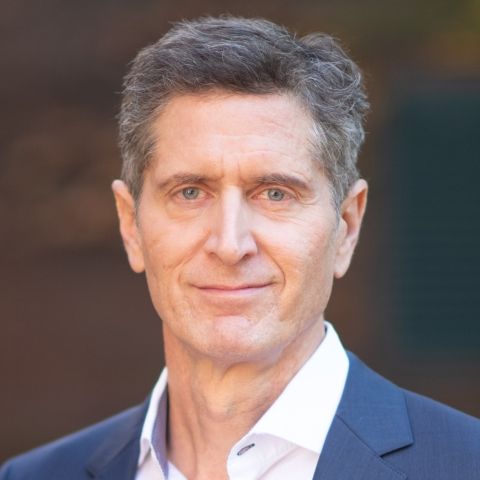
Juries are the lifeblood of our criminal justice system. As the Framers clearly understood, and as the Supreme Court has consistently reaffirmed in recent years, their value goes far beyond accuracy in individual cases. Criminal juries are a democratic bulwark against overzealous state power; they keep prosecutors and police in check. Accordingly, the disappearance of traditional criminal trials is not just a problem for individual defendants. It is a problem for all of us.
In this Article, we propose a novel mechanism to (partly) restore the criminal jury to its rightful pride of place—a trial lottery. In short, a small percentage of cases that plead out should be randomly selected for jury trial notwithstanding the plea, using the plea’s terms as an upper limit on punishment. Such a system of lottery trials would yield three systemic benefits. First, it would counteract asymmetries in plea negotiations, leading to a more level field of bargaining. Second, it would ‘audit’ the law enforcement process, revealing patterns and irregularities in how police investigate and how prosecutors charge. Third, it would revitalize the role of jurors, lawyers, and judges in criminal adjudication. A trial lottery could thus restore a measure of accountability and democratic spirit to criminal justice systems that increasingly feel distressingly void of both.